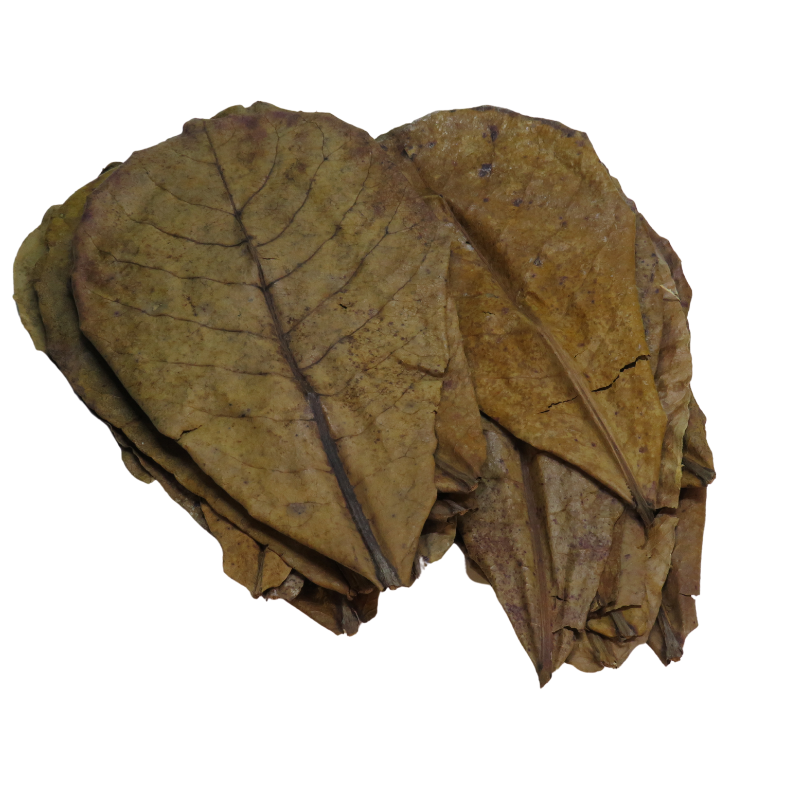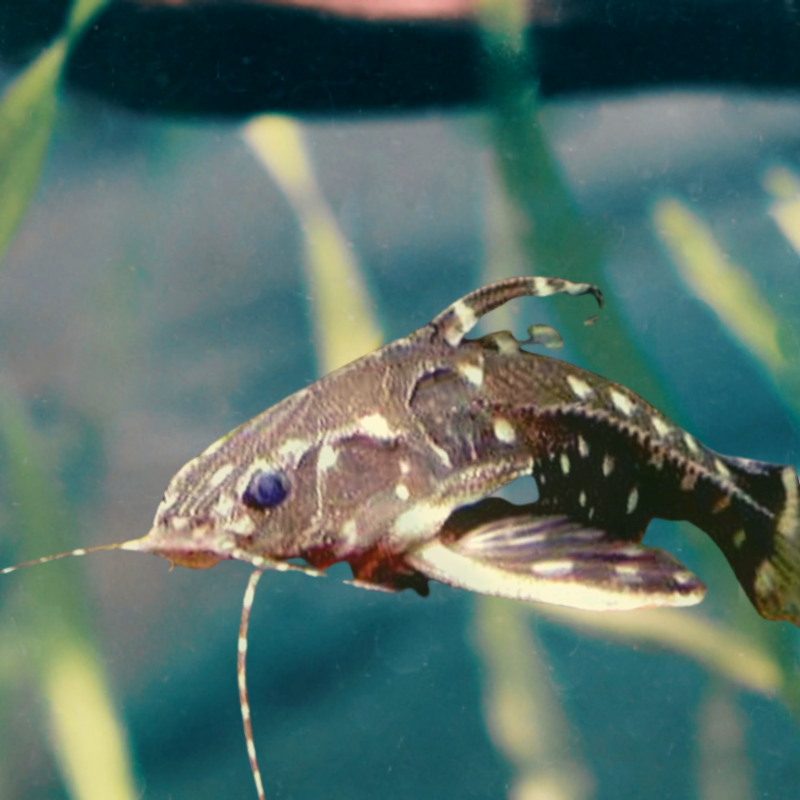Next working day delivery with Royal Mail Tracked 24
News and Blogs
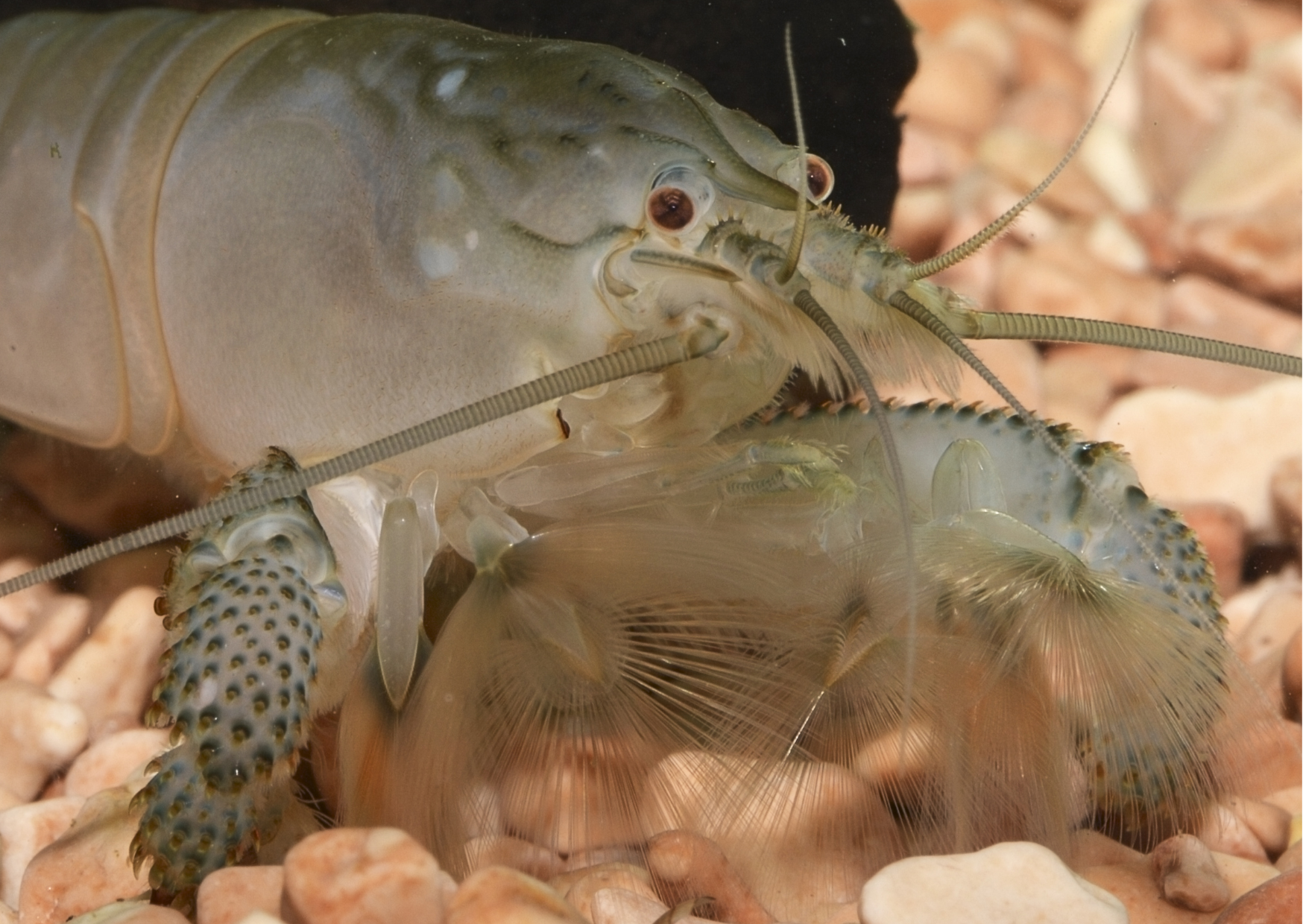
Can I Keep Fish and Shrimp Together?
There are many shrimp species that have little issue being housed with fish, even larger ones. The Cameroon Fan Shrimp for example, has an armoured carapace and grows to a nice sturdy 6" inches in size.
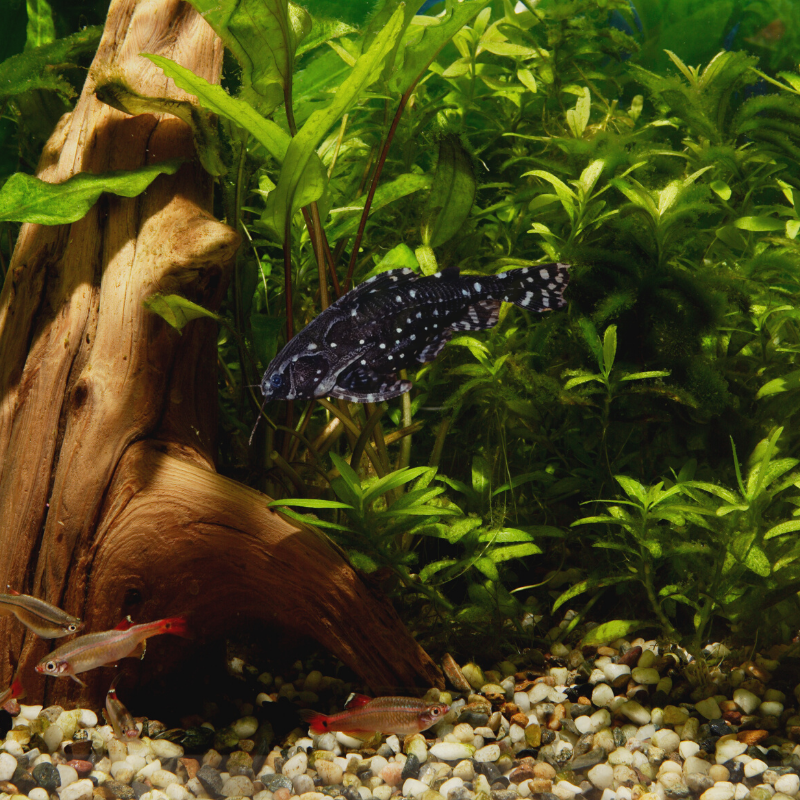
How fast do Spotted Raphael Dora Catfish grow?
The Spotted Dora catfish (Platydoras armatulus) is also known as the Chocolate, Raphael and Talking catfish, and is native to the Amazon, Paraguay–Paraná and lower Orinoco basins in South America.
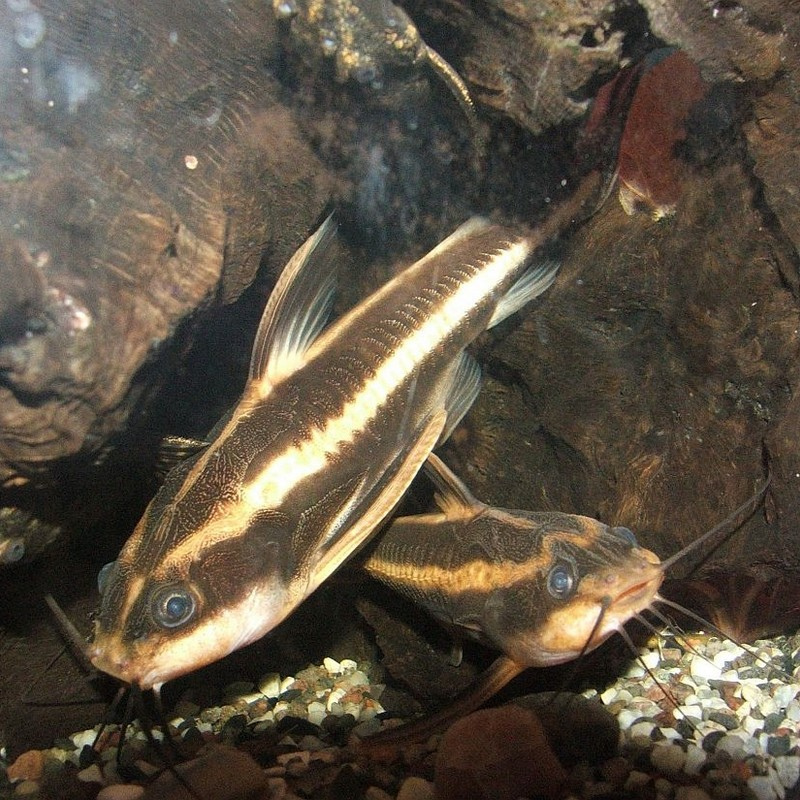
How fast do Striped Raphael Dora Catfish grow?
The Striped Dora is a peaceful nocturnal catfish popular with aquarium fishkeepers due to its inquisitive and passive nature. The Striped Raphael Dora catfish will make squeaking noises while out of water, hence why they are called talking catfish.
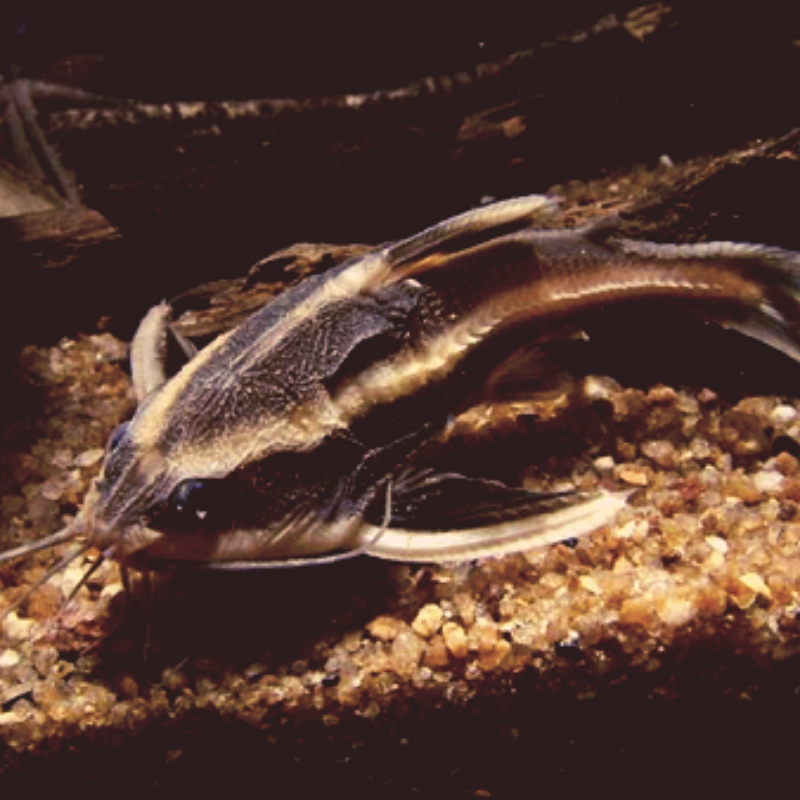
Are Striped Raphael Dora Catfish aggressive?
The Striped Dora catfish (Platydoras armatulus) is also known as the Chocolate, Striped Raphael and Talking catfish, and is native to the Amazon, Paraguay–Paraná and lower Orinoco basins in South America.
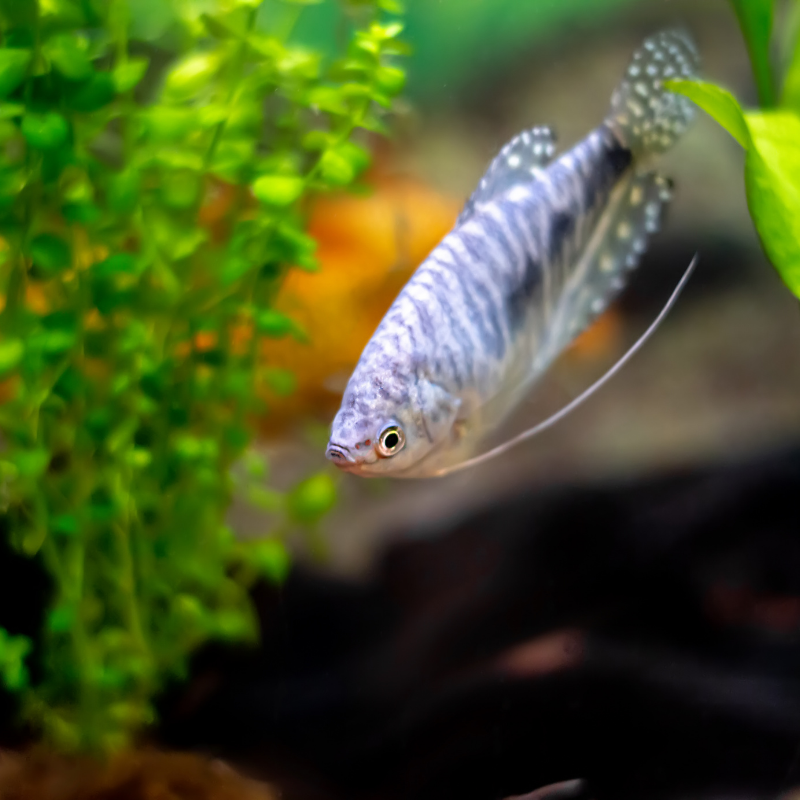
Why is it called a three spot Gourami?
Three-spot gourami, Trichopodus trichopterus, can be found mainly in the River Mekong basin in southern China, Vietnam, Laos, Cambodia, Thailand, Myanmar and Malaysia, and also in parts of northern Indonesia.
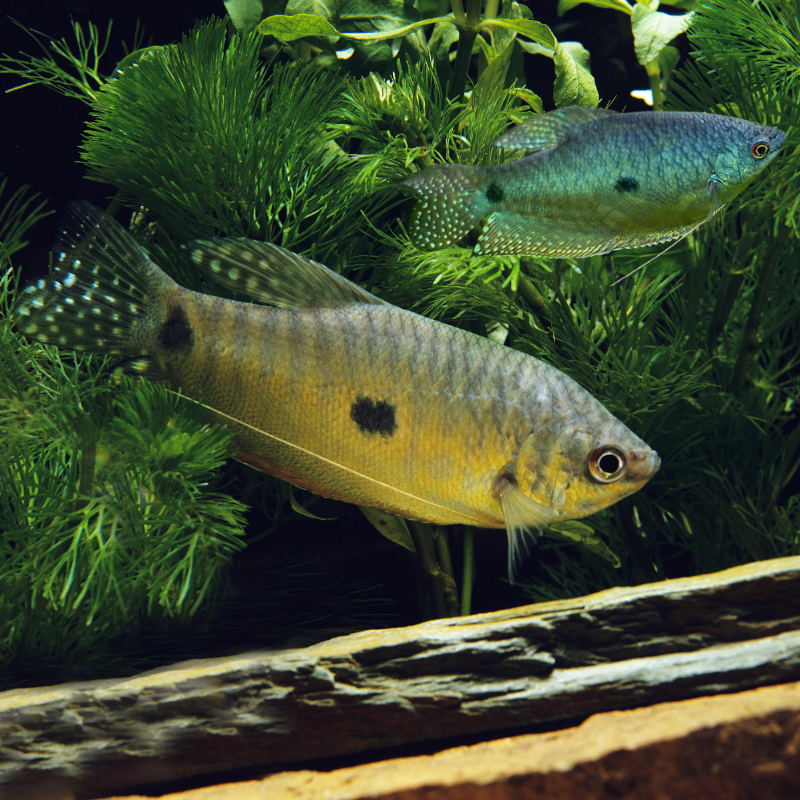
Are Three-Spot Gourami aggressive?
The Three Spot species of Gourami is also commonly known as the Blue and the Opaline Gourami, and comes in variety of colours and patterning.

Mo Mammals Mo Plankton: The Blue Whale
In our regular blog feature, 'More Mammals More Plankton', we explore notable sea mammals, past, present and extinct. Today, we profile the Blue Whale.
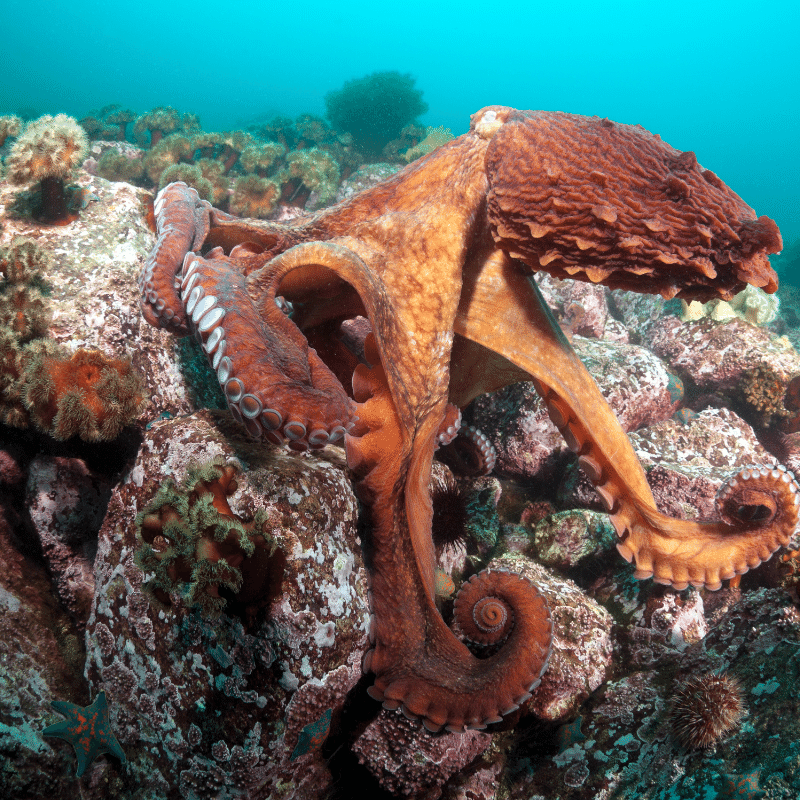
Lords of the Sea: The Giant Pacific Octopus
In our regular blog feature, Lords of the Sea, we look at the apex predators of the sea - those species who are generally top of their respective food chains. Today, we profile the North Pacific Giant Octopus, Enteroctopus dofleini.

